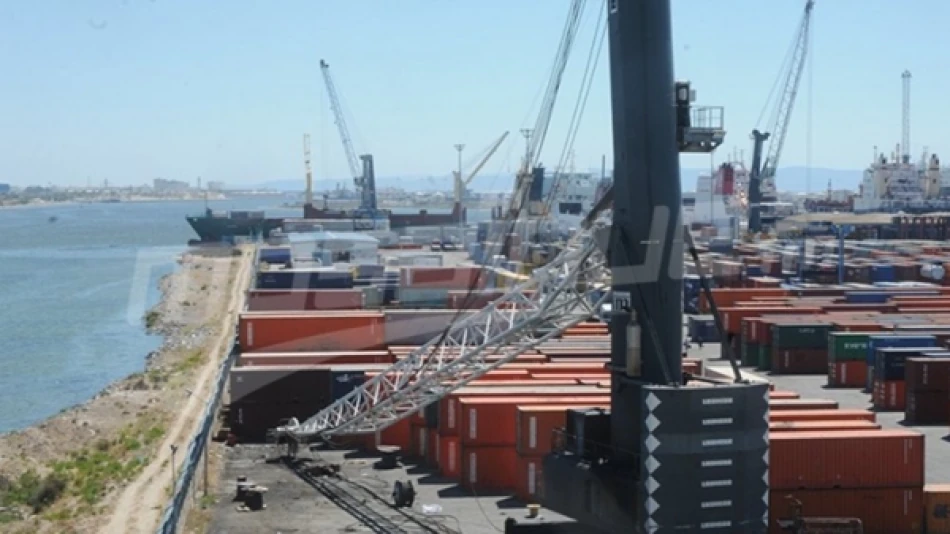
Tunisian Authorities Seize Major Drug Haul: Cracking Down on Illicit Narcotics Trade
Tunisia Uncovers Massive Drug Smuggling Operation Hidden in Kitchen Appliances
Tunisian authorities have launched an investigation after discovering hundreds of kilograms of drugs concealed inside cooking appliances shipped from Europe. The bust at Rades commercial port highlights how smuggling networks are using increasingly sophisticated methods to move narcotics through North Africa's key transit routes.
How the Operation Was Exposed
Customs officials at Rades port, located south of Tunis, made the discovery during a targeted inspection based on prior intelligence. The drugs were carefully hidden inside imported kitchen equipment and household appliances destined for a private electronics distribution company.
The container had arrived on a ship from an unnamed European country. Officials haven't disclosed the exact type of narcotics found, but the scale suggests this was a major trafficking operation rather than a small-time smuggling attempt.
Investigation Targets Distribution Network
The National Guard's anti-narcotics unit in Ben Arous governorate is now investigating which parties were involved in the smuggling attempt. The focus appears to be on identifying whether this was an isolated incident or part of a larger network using legitimate businesses as cover.
The receiving company's role remains unclear. It's common for traffickers to either infiltrate legitimate businesses or use them unknowingly as fronts for their operations.
Tunisia's Growing Drug Problem
This bust comes as Tunisia faces mounting pressure from drug trafficking networks. National Guard data shows authorities arrested nearly 5,000 drug dealers in 2024, up from 3,165 in 2023 – a 58% increase that reflects either improved enforcement or a rapidly expanding trade.
Tunisia sits at a crossroads between European markets and drug production centers in other parts of Africa and the Middle East. Its extensive coastline and busy commercial ports make it an attractive transit point for smugglers.
Regional Context and Implications
North African countries have become key corridors for drug trafficking to Europe. Morocco remains a major cannabis producer, while synthetic drugs increasingly flow through the region from various sources.
The use of kitchen appliances as concealment shows how traffickers adapt their methods. Similar techniques have been seen across the Mediterranean, with drugs hidden in everything from furniture to industrial equipment.
For law enforcement, these cases demonstrate both success and challenge. While the bust shows effective intelligence work, the scale suggests much larger networks remain active. The sharp increase in arrests could indicate authorities are getting better at detection, but it might also mean the problem is growing faster than their ability to contain it.
The investigation's outcome will likely determine whether this represents a significant blow to trafficking networks or simply reveals the tip of a much larger operation.
Most Viewed News

 Layla Al Mansoori
Layla Al Mansoori






